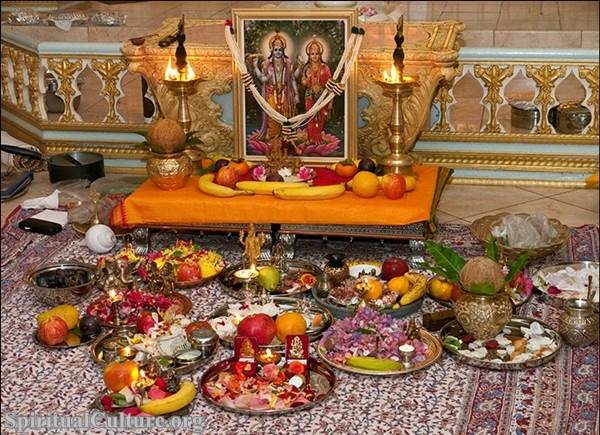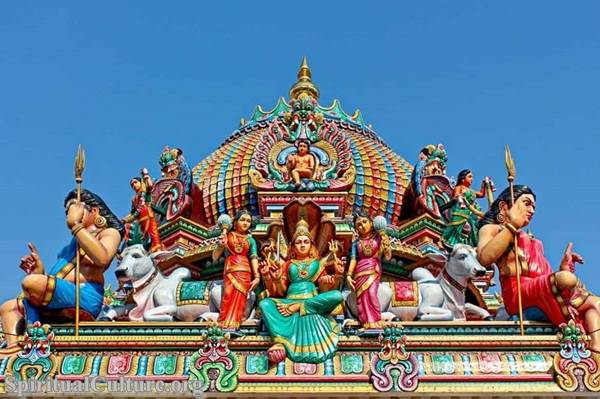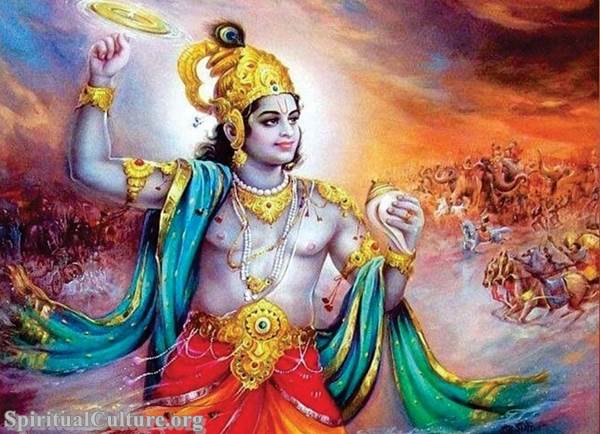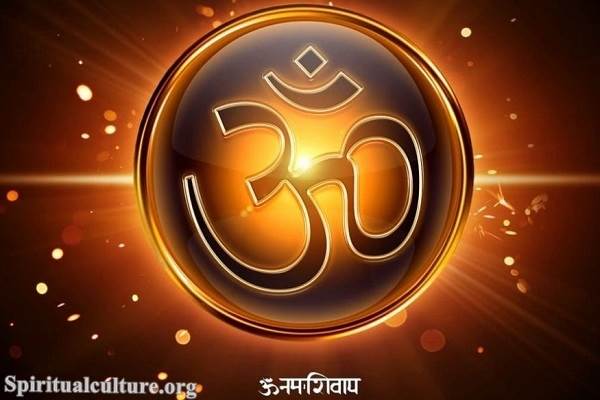The religious practices of Hinduism can vary significantly among individuals and communities, but there are some common elements that are widely observed. It’s important to note that Hinduism is not a monolithic religion, and practices can differ based on regional, cultural, and sectarian variations. Here are some key aspects of Hindu religious practices:
Worship (Puja)
Hindus often worship “puja,” which involves offering prayers, flowers, fruits, and other symbolic items to images or representations of deities. Puja can be performed at home or in temples, and it is a way for individuals to express devotion and seek blessings.

Temples and Shrines
Temples are significant places of worship in Hinduism. Devotees visit temples to offer prayers, participate in rituals, and seek the blessings of deities. Many temples are dedicated to specific gods and goddesses, and there are pilgrimage sites that hold special importance.
Ceremonies and Festivals
A rich tapestry of festivals and ceremonies marks Hinduism. Some major festivals include Diwali (the festival of lights), Holi (the festival of colors), Navaratri (celebrating the goddess Durga), and Ganesh Chaturthi (honoring Lord Ganesha). Rituals, feasts, and social gatherings often accompany these festivals.
Yoga and Meditation
Hinduism has a long tradition of exploring the inner self through practices like yoga and meditation. Yoga is widely practiced as a physical exercise and a spiritual discipline. Meditation is seen as a means to attain spiritual enlightenment and self-realization.
Scriptures and Texts
Hinduism has a vast body of sacred texts, including the Vedas, Upanishads, Bhagavad Gita, Ramayana, and Mahabharata. These texts provide philosophical insights, moral guidance, and narratives about the nature of existence.
Dharma and Karma
Dharma refers to one’s duty or righteous way of living according to moral and ethical principles. Karma, on the other hand, is the law of cause and effect, suggesting that one’s actions in this life will influence future incarnations. Balancing dharma and understanding karma are central aspects of Hindu life.
Rituals and Sacraments (Samskaras)
Hindus engage in rituals known as samskaras to mark important life stages such as birth, initiation, marriage, and death. These rituals are considered crucial for an individual’s spiritual and social well-being.
Pilgrimages
Pilgrimages to sacred sites hold great significance in Hinduism. Devotees undertake journeys to places like Varanasi, Kumbh Mela, Rishikesh, and others, seeking spiritual purification and blessings.
It’s important to emphasize that Hinduism is incredibly diverse, and the practices can vary between regions and individuals within the same community.
Additionally, Hinduism has various sects and traditions, each with unique practices and interpretations of religious principles.




